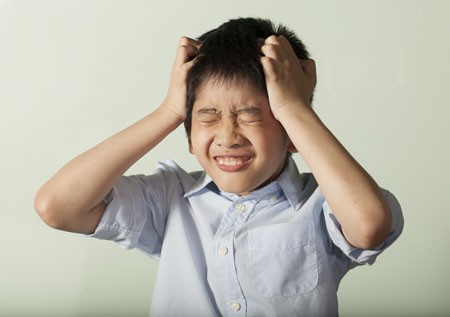Psychiatric Symptoms in Childhood Linked to Struggles in Adulthood
Psychiatric illness is one of the most common health problems among children. A study by William E. Copeland and colleagues in the journal JAMA Psychiatry indicates that psychiatric symptoms and diagnoses in childhood can lead to struggles with health, the legal system, personal finances, and social functioning in early adulthood, even if the psychiatric symptoms themselves do not last.
The study included 1420 participants from 11 mostly rural counties in North Carolina, who participated in structured interviews up to six times between the ages of 9 and 16 to determine the existence of psychiatric symptoms and diagnoses. Of these, 1273 were assessed three times during young adulthood, at the ages of 19, 21, and 24–26, for any evidence of social, legal, financial, or health problems.
Participants who had had a childhood psychiatric disorder were six times more likely to have at least one adverse outcome in adulthood compared to participants with no history of psychiatric problems, and nine times more likely to have two or more adverse outcomes in adulthood. Those participants who had psychiatric symptoms that were not sufficient for a particular diagnosis were still three times more likely to have at least one adverse outcome in adulthood, and five times more likely to have at least 2 adverse outcomes. The cumulative number of psychiatric disorders to which a participant was exposed was the best predictor of adverse outcomes in adulthood.
Even moderate psychiatric problems in childhood can disrupt a person’s transition to adulthood. However, early treatment and prevention can help reduce the long-term impact of psychiatric illness. Parents of children (aged 2–12) with mood and behavioral symptoms are welcome to join the Child Network, a system for collecting weekly ratings of their children’s symptoms and displaying them longitudinally for the child’s doctor.


